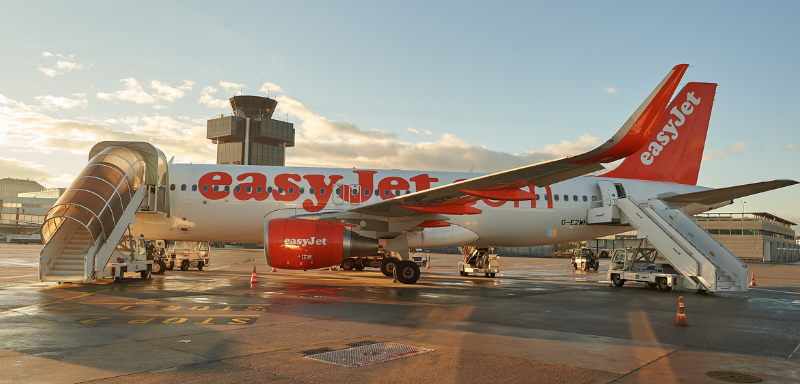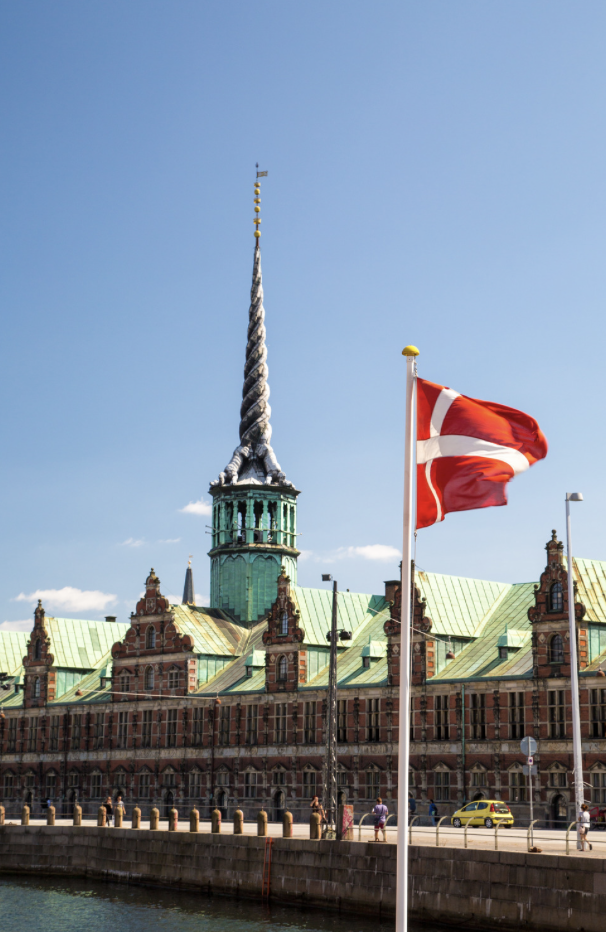Viagem
Chaos in Haiti: Gang Violence Forces Airport Closure as New Prime Minister Sworn In
Anúncios
The targeted flight, a Spirit Airlines aircraft from Fort Lauderdale, Florida, was struck by gunfire from gang members as it approached Port-Au-Prince. The flight attendant sustained minor injuries, and the aircraft was forced to divert to the Dominican Republic due to safety concerns. Shocking images and videos revealed the extent of the damage caused by the gunfire within the airplane’s interior, highlighting the gravity of the situation.
In response to the escalating violence and safety concerns, American Airlines, JetBlue, and Spirit Airlines announced the cancellation of flights to and from Haiti. The U.S. Embassy issued a warning about the dangers posed by gang-led activities that aimed to disrupt travel to and from Port-au-Prince through acts of armed violence and other disturbances. The unrest and violence gripping the nation have prompted the closure of schools in various regions, exacerbating the sense of fear and uncertainty among the population.
This series of events unfolded against the backdrop of political turmoil in Haiti, as the country grappled with the dismissal of its interim prime minister, Garry Conille, and the appointment of Alix Didier Fils-Aimé in his place. The political landscape in Haiti has been marred by internal conflicts within the council responsible for restoring democratic order in the country. The lack of consensus and cohesion among council members has raised concerns about the ability to effectively govern and address the pressing issues facing the nation.
In his inauguration speech, Fils-Aimé emphasized his commitment to restoring peace and stability in Haiti, as well as the urgency of conducting long-overdue elections. The current political vacuum and power struggles have provided an opening for gangs to exploit the situation and exert control over parts of the capital city. The United Nations estimates that gangs now control a significant portion of Port-au-Prince, complicating efforts to address the escalating violence and maintain public safety.
Louis-Henri Mars, an advocate for peace-building initiatives in Haiti, expressed alarm at the dire consequences of the political conflict and gang violence on the population. He warned of increased deaths, internal displacement, and food shortages in a country where half of the populace is already on the brink of starvation. The deteriorating humanitarian situation in Haiti underscores the urgent need for swift and decisive action to address the root causes of the crisis and prevent further escalation of violence.
The international community, including organizations such as the Organization of American States and the United Nations, has called for unity and cooperation among Haitian leaders to navigate the current challenges and pave the way for a peaceful and democratic transition. Efforts to mediate disputes and foster dialogue have so far yielded limited results, underscoring the complexity of the situation and the deep-seated divisions within Haitian society.
As Haiti grapples with the fallout from gang violence, political instability, and economic hardship, the road to recovery and reconciliation appears fraught with challenges. The closure of the international airport serves as a stark reminder of the impact of violence and unrest on the country’s ability to function and thrive. The new prime minister faces a daunting task in restoring peace, conducting elections, and addressing the underlying issues that have contributed to the current crisis. Only through concerted efforts, dialogue, and cooperation can Haiti chart a path toward stability and prosperity for its citizens.
Sobre o autor / Anna Munhoz
Em Alta

Encontre os melhores bilhetes que se ajustem ao seu orçamento: Azul Linhas Aéreas
Se você teme pelo seu dinheiro na hora de comprar passagens aéreas, descubra as promoções da Azul Linhas Aéreas e fique tranquilo!
Continue lendoVocê também pode gostar

Latam Linhas Aéreas: Pacotes com desconto de Voo + Hotel
Veja como economizar em suas viagens com as dicas da Latam Linhas Aéreas. Aproveite descontos em pacotes de voo + hotel. Saiba mais!
Continue lendo
Voe Alto, Pague Pouco: Descubra as Promoções da easyJet
Quer voar barato pela Europa? Descubra como aproveitar as melhores promoções da easyJet e garanta passagens aéreas por preços incríveis.
Continue lendo

